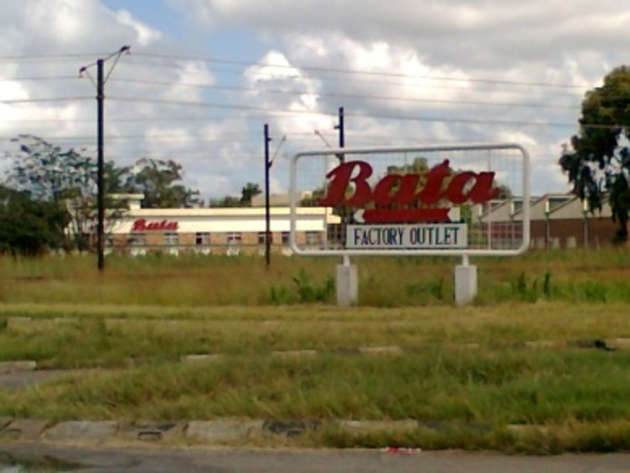EDITORIAL COMMENT: Cattle ranchers must be professional

The time for beef producers to simply focus on growing the sizes of their herds and gloating over it is gone.
Over the past 16 years of the land reform and redistribution programme, the prime concentration was on making sure that farmers boost the numbers of their cattle. A number of restocking programmes were put in place. They have worked and the national herd is, according to official estimates, picking up back to the peak of six million in 1996 from around 5,3 million cattle.
Yes, farmers have fewer animals than the historical high, but we are not too far off, hence the need for concerted effort to now shift focus to greater productivity on beef production.
Beef production is an integral part of our agriculture sector thus more investment is required to ensure that we complement the growing numbers with more quality of our stock.
The Deputy Minister of Agriculture in charge of livestock, Paddy Zhanda this week spelt out the government’s vision for the sector while re-launching the refocused Cattle Finance Scheme.
“Our emphasis is really on improving the genetics of our cattle as a way of economically empowering our people and today we have given 100 hybrid cattle to farmers mainly in Mwenezi District, but we are also expanding this programme to cover all parts of the country because we are not really concerned about the numbers of the cattle that our farmers have, but the quality so that where you need 10 beasts to produce one tonne of beef you can just slaughter one beast,’’ he said.
“We have resuscitated the Cattle Finance Scheme to support our resettled farmers and this is the direction that we are taking to empower our people through improving the genetics of their cattle and the calving rate. We are targeting to give out at least 500 heifers to our new farmers around the country every year from now on.’’
He said this in Chiredzi while handing over 100 hybrid heifers to 10 resettled cattle ranchers in Mwenezi. The heifers were sourced by agro-processing firm, Tongaat Hulett, under a scheme that will be run by the Cold Storage Company in partnership with private business.
Indeed, our agriculture sector must aspire for greater quality and productivity, not only of beef cattle, but also in tobacco production, dairy, poultry, piggery, cotton, horticulture and other produce. If our farmers achieve that, they can compete with the best. This guarantees them higher returns.
A farmer who owns 50 thin animals which sell for no more than $400 each cannot, in real terms, be as successful one who owns 20 hefty, well-tended ones that he sells for $2,500 each. The widely accepted standard is for five animals of the right size to produce one tonne of beef, meaning that one much weigh an average 200kg.
This is why Deputy Minister Zhanda mentions the issue of genetics. We indeed need a mix of superior genetic elements in our stock, bringing in positive characteristics of different breeds to yield better animals that are not only hardy enough for local conditions, but also of the right size for more weight.
Indigenous breeds are great in terms of their resilience in adverse conditions, but they tend to be small in size. At the same time exotic breeds are good when it comes to weight but tend to perform woefully in local conditions. Therefore, as we go forward, we expect more deliberate focus on producing animals that have a combination of genetics of local breeds and foreign ones.
Deputy Minister Zhanda highlighted the importance of an improved calving rate, defined as the number of calves born per cow present in the herd and is expressed in percentage terms. For now, the average rate is around 45 percent instead of the optimum 85 percent.
Under normal circumstances, a cow must give a farmer a calf once a year, but in some cases this doesn’t happen owing to various factors including the absence of a bull at crucial times and poor physical condition of the cow and so on.
However, a serious farmer will always create the right conditions for his cow to produce when it should.
As the government leads the way towards greater professionalism in beef production, we look forward to more farmer education and training to complement the hybrid heifers that he will get.
Five hundred hybrid heifers to be secured through the Cattle Finance Scheme is a good start but we foresee demand outstripping supply.
The government might consider engaging more companies to increase the number of heifers. Farmers and their representative bodies should also come up with their own initiatives to enhance the quality of their herds, not to look to the government and the private sector to do it all for them.
We are happy with the initiative and expect more to cover other stock — goats, sheep, pigs and so on for the government not to be accused of concentrating official support on crop production ignoring livestock.












Comments